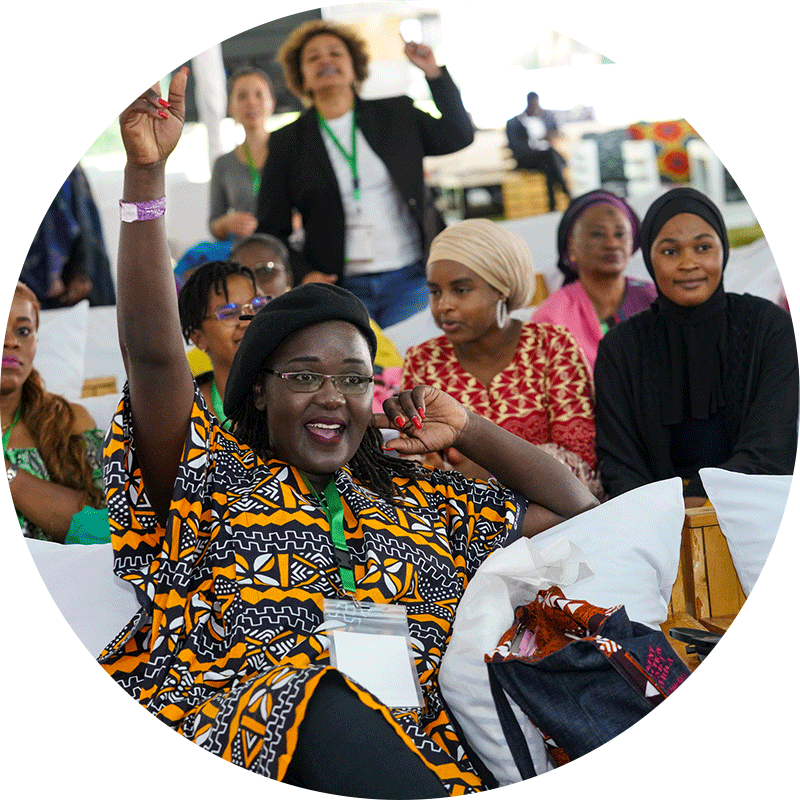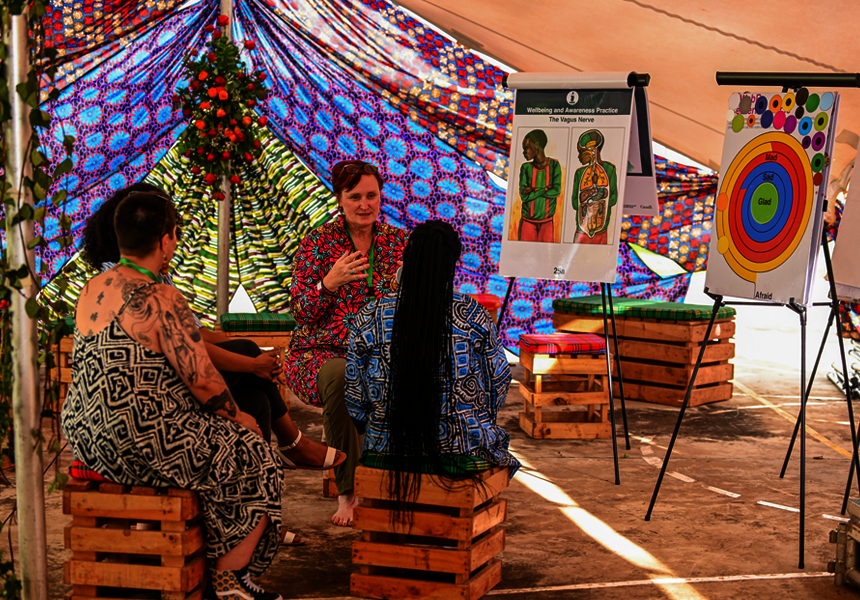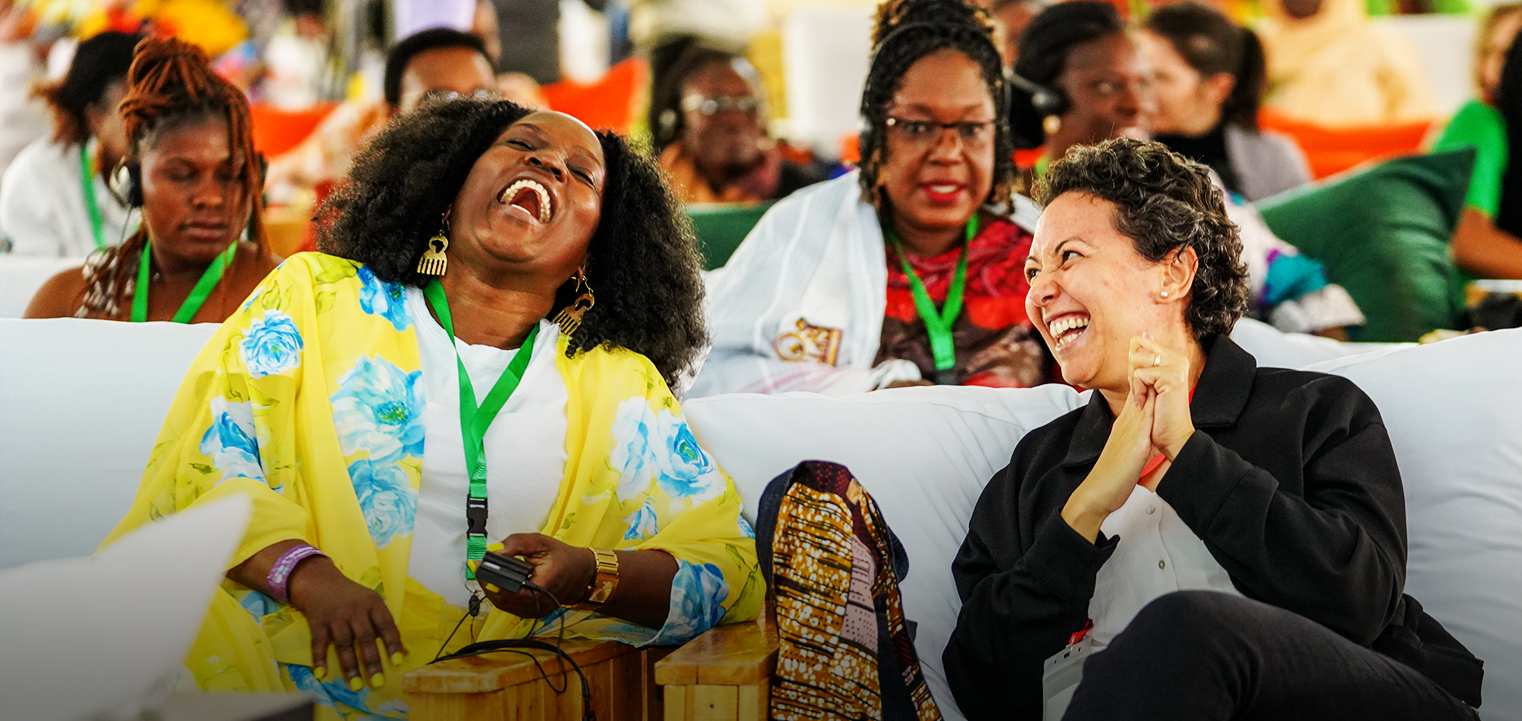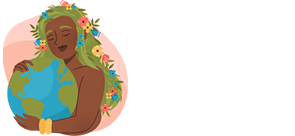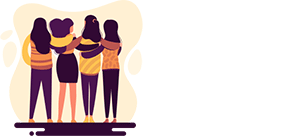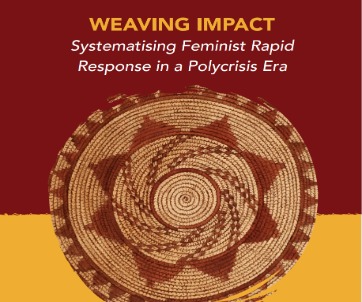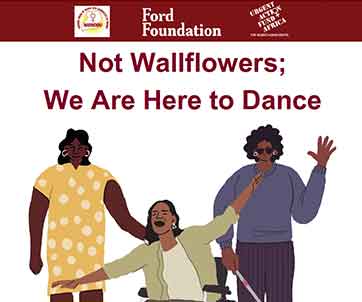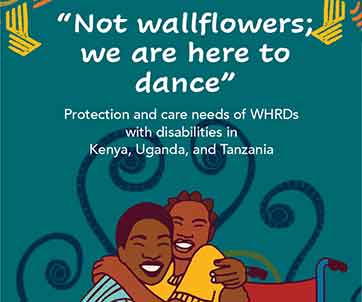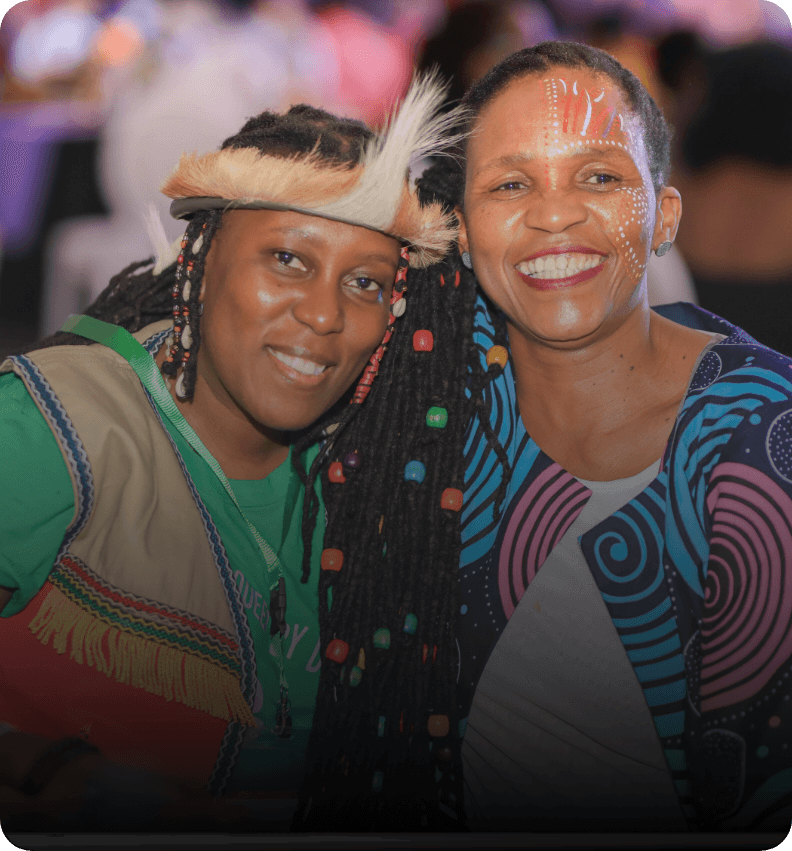Civic Engagement
We recognise the crucial role that civic participation plays in shaping democratic societies and advancing womn’s rights. Our commitment to civic engagement aims to deepen our work with our communities, ensuring their voices are heard and actively influencing policies and practices. By empowering African Womn Human Rights Defenders (AWHRDs) through civic participation, we are fostering environments where womn can exercise their rights and defend them effectively, challenging oppressive structures and advocating for change.
Gender-Based Violence (GBV)
Gendered violence in Africa remains a deeply entrenched and pervasive issue with significant implications for womn’s rights across the continent. Various forms of violence, including physical, sexual, psychological, and economic violence, persist, negatively impacting the lives of womn including contributing to a cycle of gender-based violence. AWHRD activism and identities are an act of challenging retrogressive gender norms, and consequently, they experience structural, direct, and state-sanctioned violence at a higher rate. In recognising that Gender-based violence is rooted in patriarchal norms that play a significant role in perpetuating structural inequalities, we support initiatives that aim to transform oppressive power and challenge harmful traditional norms which are used to sustain the status quo and hierarchy of gender identities. Both interpersonal and structural violence involve the prioritisation of hegemonic masculinities above the rights of other gendered identities. We believe in and support initiatives that catalyse change and confront and dismantle the root causes of gender-based violence.
Sexual and Reproductive Health and Rights and Justice (SRHRJ)
Our SRHRJ work is rooted in the recognition of the histories of sexual and reproductive oppression and abuse. Our approach recognises that womn’s access to SRHRJ is shaped by a combination of social, economic, and political factors that create unique experiences of power, privilege, discrimination, and oppression. We recognise that womn’s bodies are the site of patriarchal contestation for dominion and control, noting that AWHRDs are uniquely vulnerable to attack when defending rights associated with SRHRJ. We support innovative strategies by collectives of womn and gender non-conforming groups that aim to uphold their bodily autonomy and integrity. Our support is grounded in movement-building and organising to change structural power inequalities that enable varying oppressions to different bodies through negative cultural norms and binary constructions of gender and sexuality on unequal power relations. We support initiatives that challenge norms that promote heteronormativity, forced abortions, sexual violence, and control of womn’s reproductive health and bodies.
